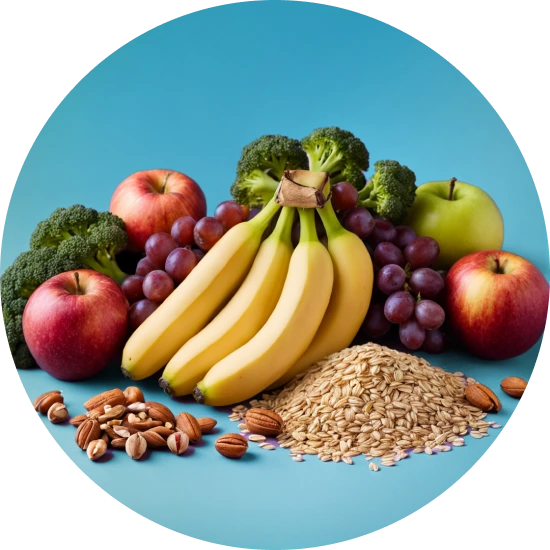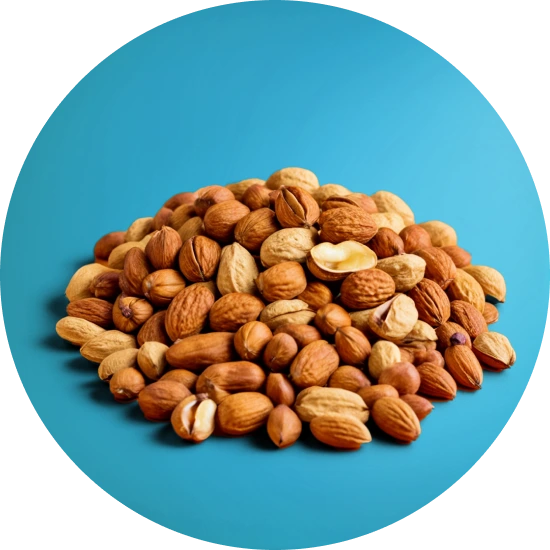Explore the Family Name Cook
How common is the last name Cook in the United States?
Based on the Decennial U.S. Census data, the popularity of the surname Cook has seen a slight fluctuation between 2000 and 2010. In 2000, Cook was ranked as the 60th most popular surname in the United States, but by 2010 it had dropped to the 65th position — a decrease of 8.33 percent. However, the total count of individuals with the Cook surname increased during this period from 294,795 to 302,589, demonstrating a growth of 2.64 percent. The proportion of Cooks per 100,000 people also slightly decreased by 6.13 percent.
| 2000 | 2010 | Change | |
|---|---|---|---|
| Rank | #60 | #65 | -8.33% |
| Count | 294,795 | 302,589 | 2.64% |
| Proportion per 100k | 109.28 | 102.58 | -6.13% |
Race and Ethnicity of people with the last name Cook
The ethnic identity associated with the surname Cook has also shown some shifts according to the Decennial U.S. Census data. From 2000 to 2010, there was a notable increase in the percentage of Cooks identifying as Asian/Pacific Islander (29.55 percent), Hispanic (52.82 percent), and two or more races (33.78 percent). The percentage of Cooks who identified as Black also rose slightly (2.28 percent), as did those identifying as American Indian and Alaskan Native (6.98 percent). However, the proportion of Cooks identifying as White saw a small decline of 2.06 percent.
| 2000 | 2010 | Change | |
|---|---|---|---|
| White | 83.52% | 81.8% | -2.06% |
| Black | 12.27% | 12.55% | 2.28% |
| Hispanic | 1.42% | 2.17% | 52.82% |
| Two or More Races | 1.48% | 1.98% | 33.78% |
| American Indian and Alaskan Native | 0.86% | 0.92% | 6.98% |
| Asian/Pacific Islander | 0.44% | 0.57% | 29.55% |
Cook ancestry composition
23andMe computes an ancestry breakdown for each customer. People may have ancestry from just one population or they may have ancestry from several populations. The most commonly-observed ancestry found in people with the surname Cook is British & Irish, which comprises 53.7% of all ancestry found in people with the surname. The next two most common ancestries are French & German (24.9%) and Eastern European (3.8%). Additional ancestries include Scandinavian, Italian, Spanish & Portuguese, Nigerian, and Ashkenazi Jewish.
Ready to learn more about your ancestry? Get the most comprehensive ancestry breakdown on the market by taking our DNA test. Shop 23andMe
| ANCESTRY BREAKDOWN | COMPOSITION |
|---|---|
| British & Irish | 53.7% |
| French & German | 24.9% |
| Eastern European | 3.8% |
| Other | 17.6% |

Possible origins of the surname Cook
Your DNA provides clues about where your recent ancestors may have lived. Having many distant relatives in the same location suggests that you may all share common ancestry there. Locations with many distant relatives can also be places where people have migrated recently, such as large cities. If a large number of individuals who share your surname have distant relatives in a specific area, it could indicate a connection between your surname and that location, stemming from either recent ancestral ties or migration.
Based on 23andMe data, people with last name Cook have recent ancestry locations all within the United Kingdom of Great Britain and Northern Ireland.
| RECENT ANCESTRY Location | Percentage |
|---|---|
| Greater London, United Kingdom | 88.60% |
| Greater Manchester, United Kingdom | 88.50% |
| West Yorkshire, United Kingdom | 88.30% |
| Merseyside, United Kingdom | 88.10% |
| Glasgow City, United Kingdom | 88.10% |
What Cook haplogroups can tell you
Haplogroups are genetic population groups that share a common ancestor on either your paternal or maternal line. These paternal and maternal haplogroups shed light on your genetic ancestry and help tell the story of your family.
The top paternal haplogroup of people with the surname Cook is R-P311, which is predominantly found among people with European ancestry. Haplogroup R-P311 is descended from haplogroup R-M343. Other common haplogroups include R-U152 and R-M405, which are predominantly found among people with European and European ancestry. Other surnames with similar common haplogroups are: Smith, Hill, Miller, White, Young, Brown, Taylor, Meyer, Johnson, Green.
The most common maternal haplogroups of people with Cook surname are: H1, T2b, H. These most commonly trace back to individuals of European ancestry.
 Paternal Haplogroup Origins R-M343
Paternal Haplogroup Origins R-M343Your maternal lineage may be linked to Marie Antoinette
Because it is so dominant in the general European population, haplogroup H also appears quite frequently in the continent's royal houses. Marie Antoinette, an Austrian Hapsburg who married into the French royal family, inherited the haplogroup from her maternal ancestors. So did Prince Philip, Duke of Edinburgh, whose recorded genealogy traces his female line to Bavaria. Scientists also discovered that famed 16th century astronomer Nicolaus Copernicus traced his maternal lineages to haplogroup H.

What do people with the surname Cook have in common?
Spoiler alert: it's complicated. People with the same last name are usually no more genetically similar than a randomly sampled group of people from the same population. That said, people with the same surname are more likely to have similar ancestries than randomly sampled individuals. The reason is the tendency of people with similar cultural or geographical backgrounds to preferentially mate with one another. That's why people who share a surname may be more likely to share traits and tendencies in common than people within the general population. Check out the percentages below to see the prevalences of tastes, habits, and traits of people with your surname compared with prevalences among 23andMe users.
Preferences
Traits
Habits
Wellness
Are health conditions linked to the last name Cook?
The short answer is that, if there is an association between surname and health, it's usually more about your ancestry than your name. Individuals with a given surname are no more genetically similar than the general population but often have similar ancestries. The populations of people associated with those shared ancestries often have sets of genetic variations, also known as alleles, in common. Some of those alleles are associated with a greater likelihood of developing certain diseases.
Disease variant frequency by ancestry
Disease allele frequencies in populations associated with the surname Cook are shown below. Important Note: not everyone with a disease allele will develop these health condition































